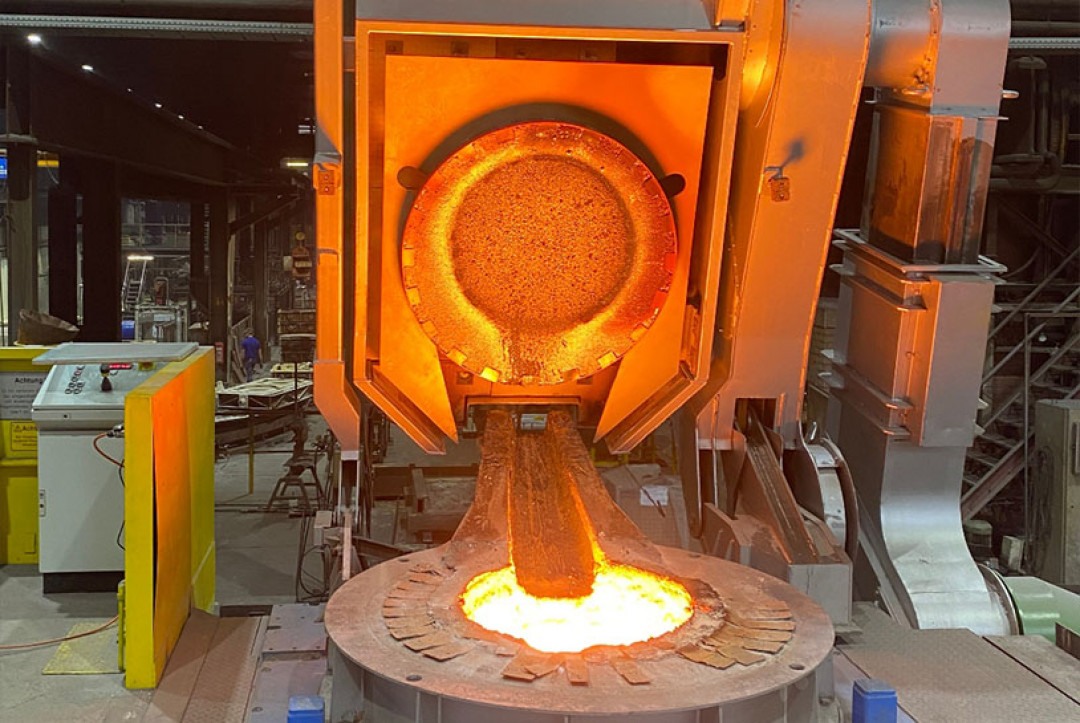
Pleissner Guss, a GMH Gruppe company, has completed a 6 Million euros modernisation program aimed at expanding its role as a key supplier to future-critical sectors such as rail technology, wind energy, infrastructure, mechanical engineering and defence.
With this investment, the company has upgraded its facilities to produce more advanced and precise castings, including safety-critical components for demanding industrial applications. “The aim of our investments was to bring the company's production up to the highest technological standard while ensuring that we are ready for future challenges,” explains Dr Tobias Dubberstein, Managing Director of Pleissner Guss GmbH.
Plant technology in detail
A major milestone in this upgrade was the implementation of a fully digital metal shop. This system integrates all processes related to melting – from planning and alloy management to batch tracking – creating a smart, data-driven environment that supports precision and traceability across the production chain.
The investment also includes the installation of two modern Medium-frequency induction crucible furnaces (featured photo) with a total casting capacity of 10 tons and a fully electric heat treatment furnace. The existing secondary metallurgy was modernised with a new control system. These new systems are aimed to reduce energy consumption, eliminate fossil fuel use, and contribute to the GMH Gruppe’s goal of achieving climate-neutral production by 2039.
The modernisation extends to the company’s product capabilities as well. A newly added block casting pit makes it possible to produce large forged and round blocks for high-end industrial uses, such as ring rolling mills and electroslag remelting processes. This positions Pleissner Guss well to meet evolving customer needs in technically demanding markets.
To ensure quality, Pleissner Guss has also introduced state-of-the-art inspection technologies. A new optical 3D measurement system allows for precise comparison of cast components with customer CAD data, enabling the accurate inspection of complex geometries. A new, efficient linear accelerator has been added for non-destructive testing. This equipment allows internal defects like cracks or porosity to be detected without damaging the part.
Featured photo: Pleissner Guss/GMH Gruppe

